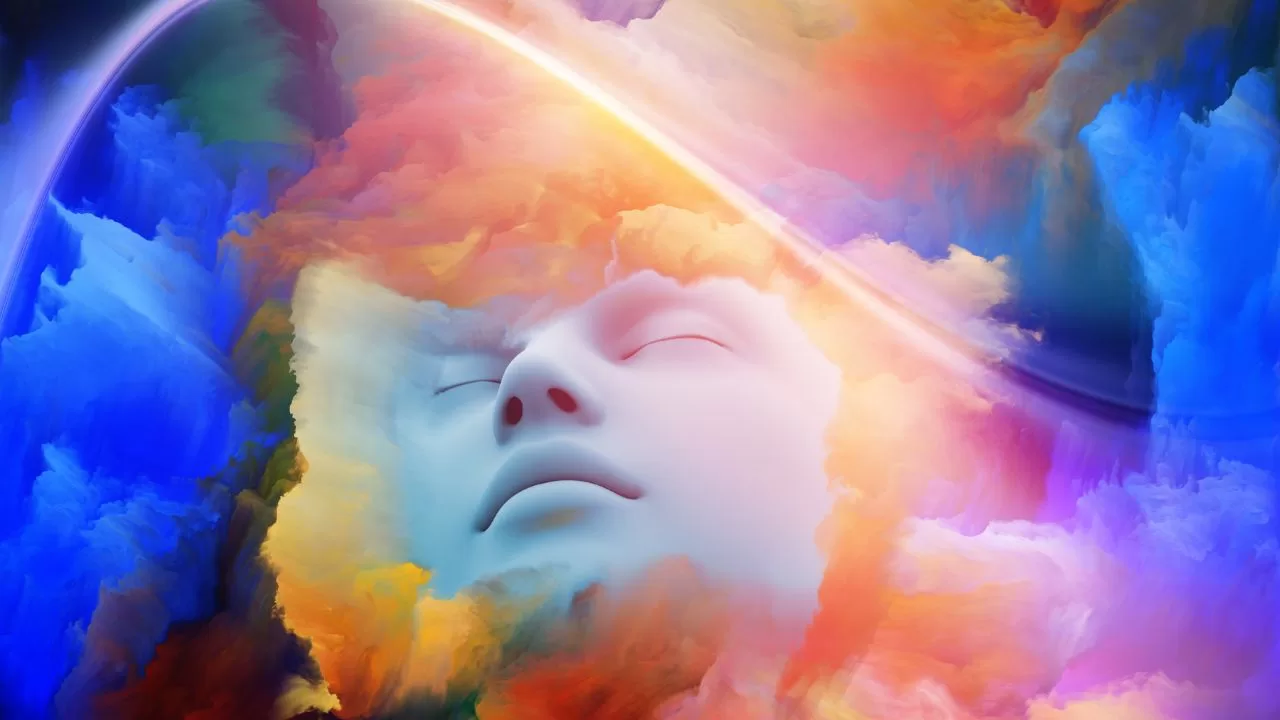As dusk settles and the world around us quietens, there’s an intricate tapestry of stories, emotions, and images that awakens within the canvas of our minds. This nocturnal theater, where reality blurs into fantasy, is a phenomenon as old as humanity itself: dreaming. Each night, as we close our eyes and surrender to sleep, we embark on journeys into worlds both familiar and strange. But why? What purpose do these nightly escapades serve?
Lucas, a neuroscientist with a penchant for philosophy, often found himself captivated by this question. Each night, after documenting the dreams he remembered, he would delve into the depths of human consciousness, seeking answers to this age-old enigma.
It is said that in ancient times, dreams were considered messages from the divine. Oracles, shamans, and even kings sought guidance, prophecy, and wisdom from the visions that visited them in their sleep. They were the threads connecting the mortal realm to the mysterious beyond. For these ancient civilizations, dreams were not just figments of the imagination but powerful, prophetic tools.
Fast forward to the age of Freud, and the narrative around dreams underwent a significant shift. No longer just divine messages, dreams became windows into our subconscious. They were reflections of suppressed desires, unresolved conflicts, and deep-seated fears. To dream was to dialogue with one’s innermost self, navigating through the labyrinth of the psyche, decoding symbols, and confronting repressed memories.
Lucas, in his studies, also stumbled upon the biological theories around dreaming. From an evolutionary standpoint, some scientists postulate that dreams serve as a kind of nocturnal rehearsal. Our ancestors, facing threats from predators and other dangers, might have used dreams as a way to practice their responses to such threats. This “threat simulation theory” suggests that dreaming could be nature’s way of ensuring survival, refining our instincts, and preparing us for real-world challenges.
But could there also be a simpler, more functional explanation? The REM (Rapid Eye Movement) stage of sleep, where most vivid dreaming occurs, is crucial for the brain’s health. Dreams might play a pivotal role in memory consolidation, processing the events of the day, and sorting vital information from the trivial. In this sense, dreaming can be viewed as a kind of mental housekeeping, where the mind organizes, categorizes, and stores memories.
Amidst these theories, Lucas was particularly intrigued by a more modern, psychological perspective. Could dreams be a playground for problem-solving and creativity? Many inventors, artists, and thinkers have reported breakthrough ideas emerging from their dreams. From the structure of the DNA helix to the melody of iconic songs, dreams have been a wellspring of inspiration. They offer a space where the boundaries of logic are relaxed, allowing for novel connections and insights.
As Lucas delved deeper, he realized that perhaps the question wasn’t just about the function of dreams but also their emotional and personal significance. Dreams can serve as mirrors, reflecting our hopes, anxieties, regrets, and joys. They allow us a safe space to confront our feelings, grapple with loss, or even reconnect with loved ones long gone.
As dawn approached and the first rays of sunlight crept into his room, Lucas closed his journal, contemplating the myriad possibilities of why we dream. It’s fascinating that despite the scientific advancements and countless hours of research, dreams remain largely enigmatic, always slightly out of reach, always slightly mysterious.
Maybe that’s the true essence of dreaming. It’s not just a biological function or a psychological process but a bridge to the infinite realms of wonder, creativity, and introspection. While the definitive answer to why we dream continues to elude us, one thing is certain: dreams are an integral part of the human experience. They are the nocturnal sonnets of our soul, a dance of neurons and narratives, weaving tales that are at once deeply personal and universally resonant.
In the end, as the world awakens and the dreams of the night fade into the mists of memory, we’re left with a sense of awe and gratitude for these nightly journeys. For in dreams, we not only explore the vast landscapes of our inner worlds but also touch the very essence of what it means to be alive, to be human.












0 Comments